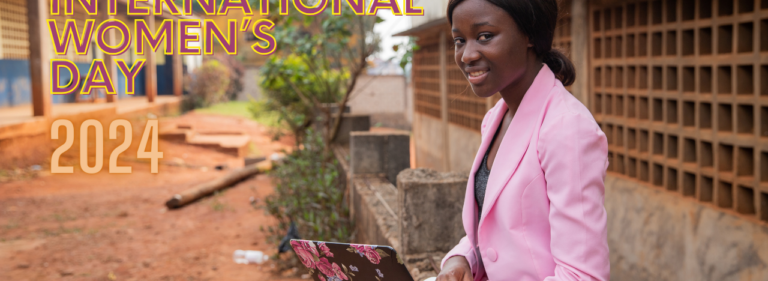
Rachel Adams
Principal Investigator - Global Index on Responsible AI and the AI4D African Observatory on Responsible AI
Dr Rachel Adams is an experienced leader in directing large regional and global projects relating to AI policy. She is currently the Principal Investigator of the Global Index on Responsible AI and the AI4D African Observatory on Responsible AI. Before taking up her post at Research ICT Africa, Rachel was a Chief Research Specialist at the Human Sciences Research Council of South Africa, and previously the Senior Researcher for Civil and Political Rights at the South African Human Rights Commission. Rachel sits on numerous boards and expert panels including the UNESCO Expert Group on the Implementation of the UNESCO Recommendation on AI in Ethics, the expert advisory board of an Ada Lovelace project on the future of AI and genomics, as well as on the Independent Oversight Committee of the UK Home Office Surveillance Camera Commissioner on Automatic Number Plate Recognition.
Rachel is an Associate Fellow of the Leverhulme Centre for the Future of Intelligence at the University of Cambridge; a Research Associate of the Information Law and Policy Centre at the Institute of Advanced Legal Studies, University of London; and Research Associate at the Tayarisha: African Centre of Excellence for Digital Governance, University of Witwatersrand. She currently serves as the Editor-in-Chief of the South African Journal on Human Rights. Rachel has published widely on issues relating to AI policy, decolonisation, gender and human rights, with a particular focus on the African region. She is the author of Transparency: New Trajectories in Law (2020), and the lead author of Human Rights and the Fourth Industrial Revolution in South African (2021). Her work has featured in, amongst others, the New York Times, The Guardian, Marie Clare and La Croix.
Rachel Adams's publications
Deliberate, inclusive AI policies to empower women in Africa
March 8, 2024 — 8 min read
Disclaimer: The opinions expressed and arguments employed herein are solely those of the authors and do not necessarily reflect the official views of the OECD, the GPAI or their member countries. The Organisation cannot be held responsible for possible violations of copyright resulting from the posting of any written material on this website/blog.


























